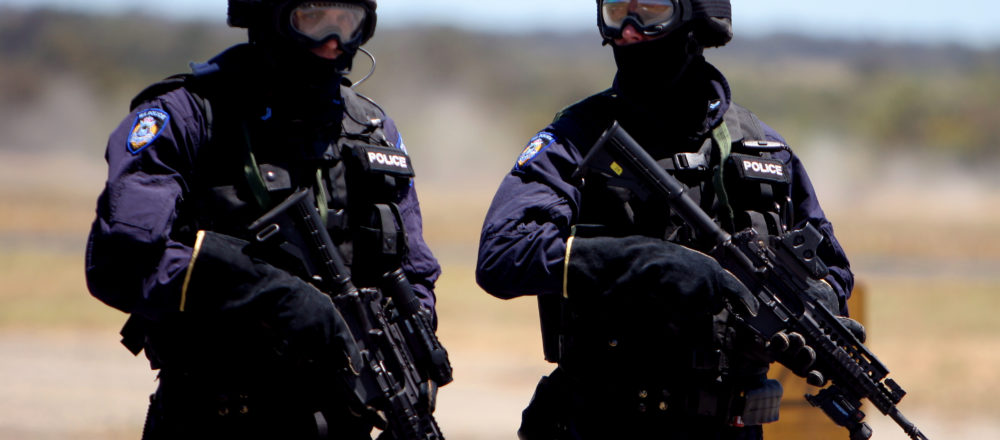Right Now’s Hector Sharp speaks with Mike Smith, the Executive director of the UN Counter-Terrorism Committee Executive Directorate (UNCTED). Prior to working at UNCTED Smith served in a variety of diplomatic roles: he was Australia’s Ambassador for Counter-Terrorism, in 2004 he was Chairman of the UN Commission on Human Rights, he has worked for Australia’s Department of Foreign Affairs and Trade in Egypt, Sudan, Algeria, Tunisia, Syria, Switzerland and the United States.
Right Now: Mike I want to start with your experiences in North Africa and the Middle East in 1975; How did your experiences of living and studying in the region, shape your attitude towards human rights, internationally and within Australia?
Mike: This was a formative time for me as I had just graduated from university and begun my career, so I was open to absorbing new impressions and insights. What was happening in the Middle East at that time, particularly the conflict between Israel and the Arabs and the civil war in Lebanon, but also the more subtle forms of violence through which some regimes in that part of the world maintained control over their populations, made me very conscious of how fortunate we were in Australia to enjoy the range of rights we did. It also put a human face on the victims of violence that has stayed with me ever since.
How instrumental has your knowledge of other languages been in the various roles you have held?
At one level, knowledge of Arabic and French was not critical to the jobs that I was doing. The truth is, particularly today, that English is the universal language of diplomacy and international affairs and many people can have very successful careers without knowing any other language.
But studying language gives you insights and understandings of the culture and mores of other peoples that you really cannot get any other way. Speaking someone’s native language to them is also a sign of respect and can be enormously useful in winning people’s confidence and cooperation. So for me, Arabic in particular has enriched my professional life even though it probably did not greatly advance my career. The same is true of French but to a lesser extent.
Islamic State is a group that needs no introduction; reports from Iraq show evidence of human rights abuses are being committed frequently. What is Australia’s role in working with the international community to ensure that foreign fighters are prevented from entering Iraq and Syria to fight for these groups?
In my view Australia should offer financial and political support to programs and activities agreed by the international community to protect groups that are under threat from ISIS in Iraq. That means both humanitarian programs and more robust efforts to stop ISIS from preying on Muslim minority groups such as the Yazidis, to religious minorities such as the Chaldean Christians, or to ethnic minorities such as the Kurds.
We should also however be doing what we can to discourage young Australians from following the siren call of the jihadi recruiters to join up with ISIS. This is not only to prevent these individuals from contributing to the mayhem in the region, but to try to minimize the number of them returning to Australia traumatized, radicalized and bent on violence against Australia and its institutions, (a phenomenon that has been noted already in some European countries). In addition of course, such efforts would save the individuals and their families from the pain of death or serious injury in the conflict.
How we manage to achieve this is another much more complex issue. Certainly cancelling passports and similar measures are a part of this, but much more important in my view is working closely with community leaders to identify vulnerable individuals early and finding the right people who can intervene and turn them away from the path of violence.
How should we be teaching (or advocating) the concept of human rights and International Humanitarian Law in Australia? (In secondary education, tertiary and the general public?)
I think it is important for the concepts of human rights and humanitarian action to be embedded in education at all levels, including in professional training for relevant practitioners such as police officers, social workers, teachers, journalists and so on. Working in the UN and promoting this approach I noticed that when engaging some groups it was more productive to avoid terms such as ‘human rights’ which carry quite a lot of baggage, and talk instead about respect, tolerance, offering a helping hand, appreciating difference, and contributing to the community. These are concepts that can and should be taught from primary school up, obviously with examples of growing complexity and relevance to the student’s environment, at each succeeding level.
Mike, thank you for answering our questions.



